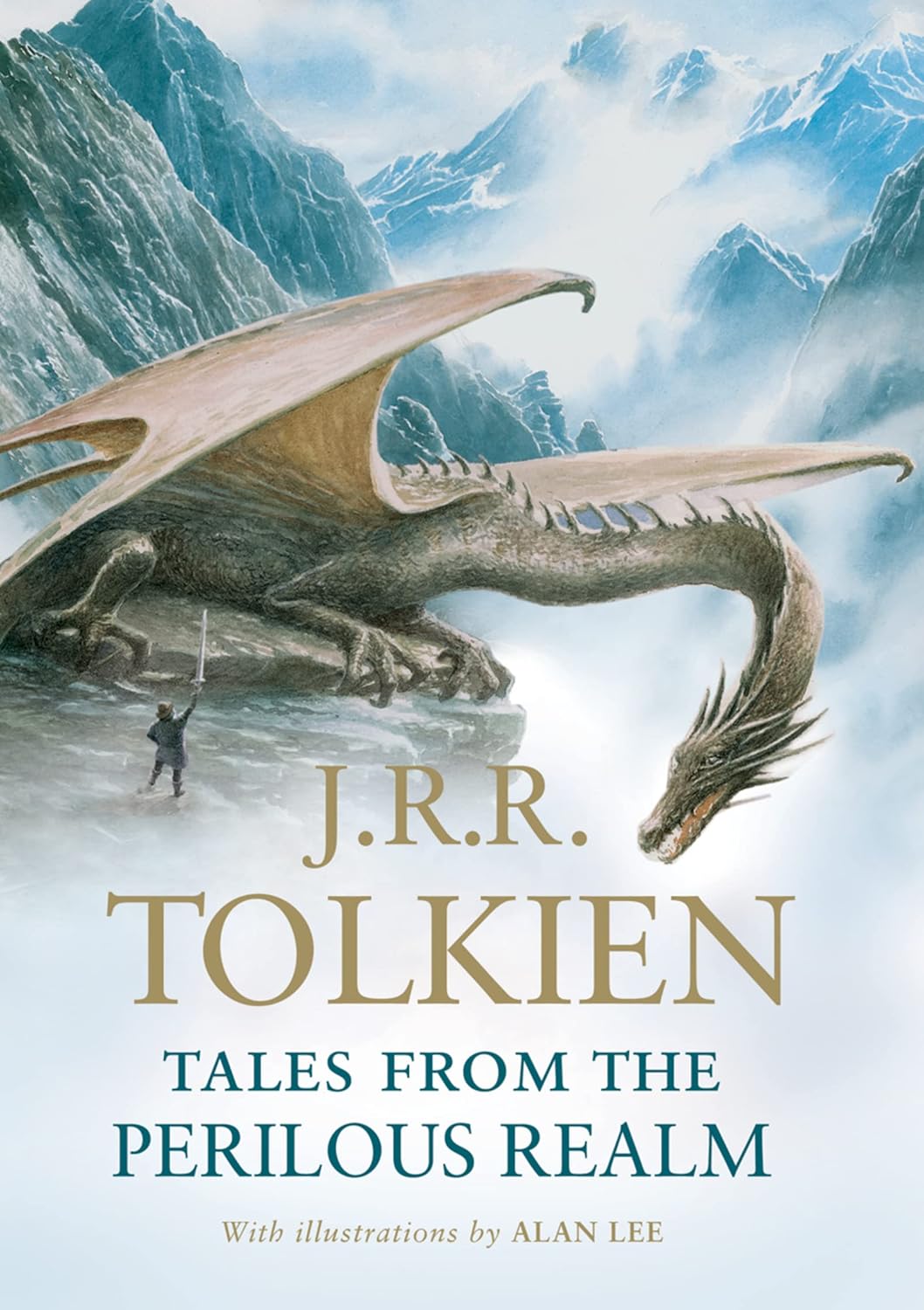12
Use of "association" isn't making a lot of sense either, if I'm being frank.
The guidlines state that a B-Grade copy "lacks provenance" but could be an "an association copy". I'm struggling to think how an association copy would (by conventional wisdom) be regarded as having no provenance. One might not think it very good provenance (in respect to confirmation of authenticity of some other feature e.g. an author's signature), but it doesn't lack provenance.
Also, why are we suddenly using this grading?
The guidlines state that a B-Grade copy "lacks provenance" but could be an "an association copy". I'm struggling to think how an association copy would (by conventional wisdom) be regarded as having no provenance. One might not think it very good provenance (in respect to confirmation of authenticity of some other feature e.g. an author's signature), but it doesn't lack provenance.
Also, why are we suddenly using this grading?
Khamûl wrote:
Use of "association" isn't making a lot of sense either, if I'm being frank.
The guidlines state that a B-Grade copy "lacks provenance" but could be an "an association copy". I'm struggling to think how an association copy would (by conventional wisdom) be regarded as having no provenance. One might not think it very good provenance (in respect to confirmation of authenticity of some other feature e.g. an author's signature), but it doesn't lack provenance.
Also, why are we suddenly using this grading?
Yeah, I'm not sure the grading adds any value beyond the commentary on what the copies concerned do or don't have. More argument about the grading and the category fit than the facts of the books.
Just to clarify: none of what I've just said has anything to so with the listings cited. I haven't even read the detail.
The story & facts about an "association copy" (which is the book-term used in the guidlines) are the book's provenance. We seem to conflating provenance in bookcollecting with... something else. It's not all about hard facts & "evidence"; it isn't specifically about proving anything e.g. the authenticity of signatures. It plays a part, but that's not what provenance is.
The story & facts about an "association copy" (which is the book-term used in the guidlines) are the book's provenance. We seem to conflating provenance in bookcollecting with... something else. It's not all about hard facts & "evidence"; it isn't specifically about proving anything e.g. the authenticity of signatures. It plays a part, but that's not what provenance is.
I think the grading will be very helpful once we get the kinks of the “new” (to us here) system for all those “what do you think about xxx signed book” questions always popping up.
There’s going to be some subjectivity in grading but I think with agreed-upon definitions we can mostly eliminate that.
Just like grading of the book itself (fine through poor) helps buyers determine value, so will a grade on the quality and provenance of any signatures.
There’s going to be some subjectivity in grading but I think with agreed-upon definitions we can mostly eliminate that.
Just like grading of the book itself (fine through poor) helps buyers determine value, so will a grade on the quality and provenance of any signatures.
Okay, one example:
This makes no sense. Signatures (in books) don't have provenance, the books they're in do. The LotRs set being sold has provenance, but it's not stated. It would be fair to say that the provenance of these books in unknown. And, from this, one has little to go on in regard to the authenticity of the signatures beyond the evidence of the signatures themselves. No provenance (for an author who died in 1973) is very likely to absolutely prove those signatures are Tolkien's. But the provenance helps inform us & helps shape our view of their authenticity.
Do we have a copy of Carter's ABC? Pretty sure provenance will be in there & explained.We should be going on this kind of authority when writing guides, not some crap Christie's wrote. No offense, but auction houses have an awful record on bibliographical accuracy when it comes to listing books.
EDIT: Sorry, not base it on whatever site Trotter pulled the original grading from. I didn't read that very carefully.
An A-grade signature is one that has the majority of the following: very detailed provenance...
This makes no sense. Signatures (in books) don't have provenance, the books they're in do. The LotRs set being sold has provenance, but it's not stated. It would be fair to say that the provenance of these books in unknown. And, from this, one has little to go on in regard to the authenticity of the signatures beyond the evidence of the signatures themselves. No provenance (for an author who died in 1973) is very likely to absolutely prove those signatures are Tolkien's. But the provenance helps inform us & helps shape our view of their authenticity.
Do we have a copy of Carter's ABC? Pretty sure provenance will be in there & explained.
EDIT: Sorry, not base it on whatever site Trotter pulled the original grading from. I didn't read that very carefully.
12











 4306
4306 1.95M
1.95M